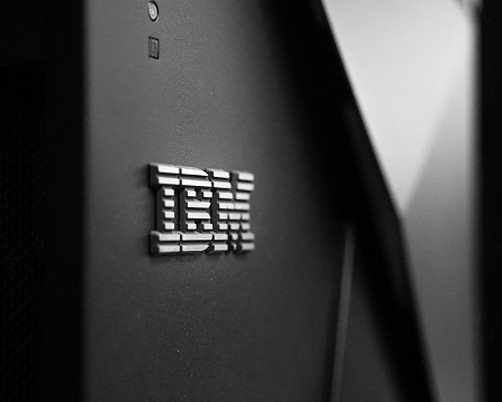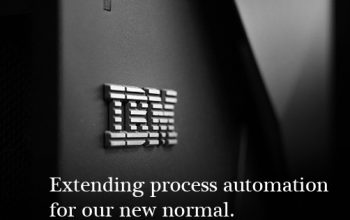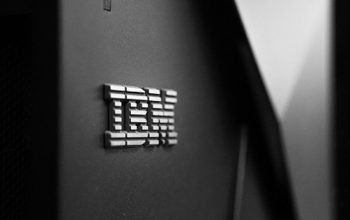Reports surfaced last week that IBM is contemplating a sale of Watson Health, representing a retreat from the market of AI applied to healthcare that IBM had pursued under the direction of its previous CEO.
The Wall Street Journal last week reported IBM was exploring the sale of Watson Health; IBM did not confirm the report. Ten years ago, when IBM Watson won on the Jeopardy! game show against two of the game’s record winners, the Watson brand in AI was established.
As reported in AI Trends last February, the day after Watson defeated the two human champions on Jeopardy!, IBM announced Watson was heading into the medical field. IBM would take its ability to understand natural language that it showed off on television, and apply it to medicine. The first commercial offerings would be available in 18 to 24 months, the company promised, according to an account in IEEE Spectrum from April 2019.
It was a tough road. IBM was the first company to make a major push to bring AI to medicine. The alarm was sounded by Robert Wachter, chair of the department of medicine at the University of California, San Francisco, and author of the 2015 book The Digital Doctor: Hope, Hype, and Harm at the Dawn of Medicine’s Computer Age (McGraw-Hill). The Watson win on Jeopardy! Gave the IBM AI salesforce a launching pad.
“They came in with marketing first, product second, and got everybody excited,” stated Wachter. “Then the rubber hit the road. This is an incredibly hard set of problems, and IBM, by being first out, has demonstrated that for everyone else.”
Then-IBM CEO Ginni Rometty Used Watson Victory to Launch AI in Healthcare
Ginni Rometty, IBM’s CEO at the time, told an audience of health IT professionals at a 2017 conference that “AI is mainstream, it’s here, and it can change almost everything about health care.” She, like many, saw the potential for AI to help transform the healthcare industry.
Watson had used advances in natural language processing to win at Jeopardy. The Watson team used machine learning on a training dataset of Jeopardy clues and responses. To enter the healthcare market, IBM tried using text recognition on medical records to build its knowledge base. Unstructured data such as doctors’ notes full of jargon and shorthand may account for 80% of a patient’s record. It was challenging.
The effort was to build a diagnostic tool. IBM formed the Watson Health division in 2015. The unit made $4 billion of acquisitions. The search continued for the medical business case to justify the investments. Many projects were launched around decision support using large medical data sets. A focus on oncology to personalize cancer treatment for patients looked promising.
Physicians at the University of Texas MD Anderson Cancer Center in Houston, worked with IBM to create a tool called Oncology Expert Advisor. MD Anderson got the tool to test stage in the leukemia department; it never became a commercial product.
The project did not end well; it was cancelled in 2016. An audit by the University of Texas found the cancer center had spent $62 million on the project. The IEEE Spectrum authors said the project revealed “a fundamental mismatch between the promise of machine learning and the reality of medical care,” something that would be useful to today’s doctors.
IBM made a round of layoffs in the IBM Watson Health unit in 2018, according to another report at the time by IEEE Spectrum in June 2018. Engineers from one of the companies IBM had acquired, Phytel, reported a shrinking client base for its patient analytics solution from 150 to 80 since the acquisition. “Smaller companies are eating us alive,” stated the engineer. “They’re better, faster, cheaper. They’re winning our contracts, taking our customers, doing better at AI.”




